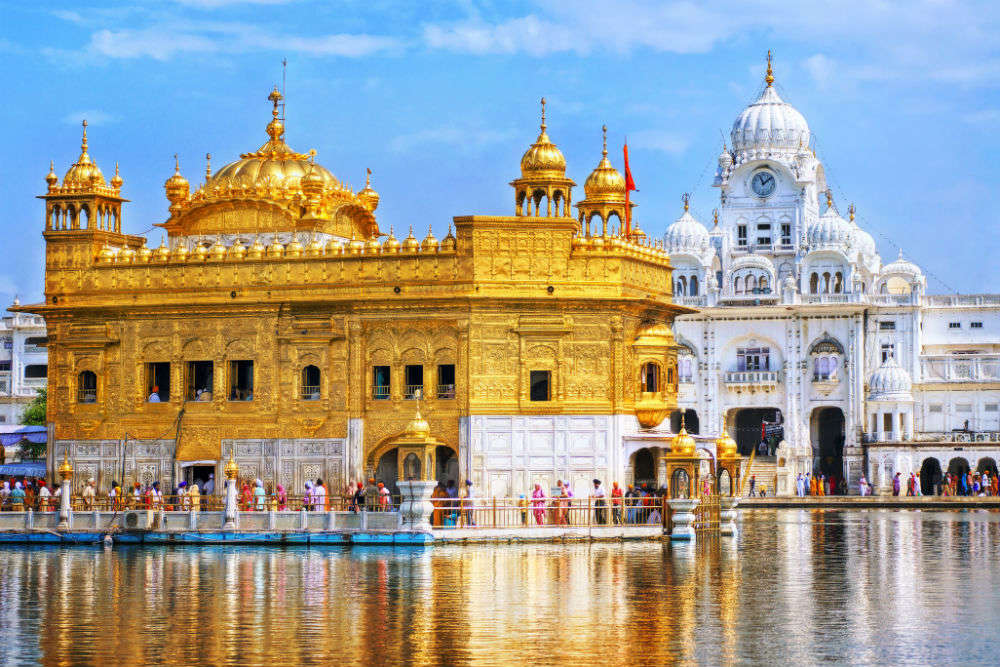

Amritsar is a city steeped in history and spirituality, widely known for the majestic Golden Temple or Harmandir Sahib. Established in 1577 by the fourth Sikh Guru, Guru Ram Das, Amritsar has long been a central hub of Sikh history and culture, and a focal point of Indian patriotism.
In the early days, Amritsar's tourism was largely driven by religious pilgrimages. Sikhs from all corners of the world would travel to the Golden Temple to seek spiritual solace and inspiration. The establishment of the Langar, or community kitchen, within the temple complex further bespoke its welcoming nature, offering free meals to all visitors, regardless of religion or background.
The tumultuous period of India’s partition in 1947 saw a dip in the number of visitors due to the violence and instability that gripped the region. However, as peace was restored, tourism gradually rebounded and the city emerged as a symbol of resilience and reconciliation.
With the advent of modern transportation and a growing global interest in cultural and historical tourism, Amritsar has seen a significant uptick in tourism since the late 20th century. The Indian government and the Punjab state have invested in the infrastructure and restoration projects, such as the Heritage Walk that takes visitors through the historical landmarks in the old city.
Notably, the tragic history of the Jallianwala Bagh Massacre in 1919 is also a significant draw for visitors interested in the freedom struggle of India. The site has been preserved as a poignant memorial.
In recent years, tourism trends in Amritsar have seen a move towards experiential activities, and sustainable tourism. Travelers are keen on immersive experiences that allow them to engage with the local culture. Activities such as guided food tours, village visits, and turban-tying workshops have gained popularity.
Another trend is the development of luxury and boutique accommodations that provide a comfortable and culturally rich stay for visitors, while still encapsulating Punjab’s famed hospitality.
Amritsar has also been focusing on improving visitor experience at the Golden Temple by implementing better facilities and ensuring a serene atmosphere for all visitors, regardless of the increasing numbers.
Lastly, the innovatively conceived Partition Museum has become a recent addition, providing an informative and evocative experience for those looking to understand the deep impacts of this historical event on Punjab and India as a whole.
Tourism in Amritsar continues to thrive, drawing not only those who come for spiritual enlightenment at the Golden Temple but also those who wish to delve into the rich tapestry of Indian history. City authorities have embraced the trend of facilitating deeper connections between the visitor and destination, which, when bolstered by the warmth of local hospitality, makes Amritsar a unique and increasingly popular spot on the global tourism map.